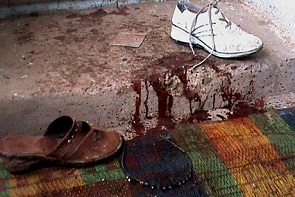No Jobs For Americans
On March 9, 2012, the Bureau of Labor Statistics (BLS) announced that 227,000 new nonfarm payroll jobs were created by the economy during February. Is the government’s claim true?
No. Statistician John Williams (shadowstats.com) reports that 44,000 of these jobs or 19% consist of an add-on factor derived from the BLS’s estimate that 44,000 more unreported jobs from new business start-ups were created than were lost by unreported business failures. The BLS’s estimate comes from the bureau’s “birth-death model,” which works better during normal times, but delivers erroneous results during troubled times such as the economy has been experiencing during the past four years.
Taking out the 44,000 added-on jobs reduces the February jobs number to 183,000, but does not provide a full correction. In an economy as troubled as the US economy is, most likely the deaths exceeded the births, but we don’t know what the number is. Was it 20,000? 50,000? What number do we deduct from the 183,000? We simply do not know.
Williams reports that seasonal adjustment factors do not work properly during troubled economic times and add their own overstatement to the jobs figure. If anyone could estimate the overestimate of new jobs that results from malfunctioning seasonal adjustments, it is John Williams, but he doesn’t provide an estimate.
Most likely, the new jobs did not exceed 150,000, a figure that would merely keep even with population growth and thus not reduce the rate of unemployment, which, consistent with this deduction, remained constant.


























